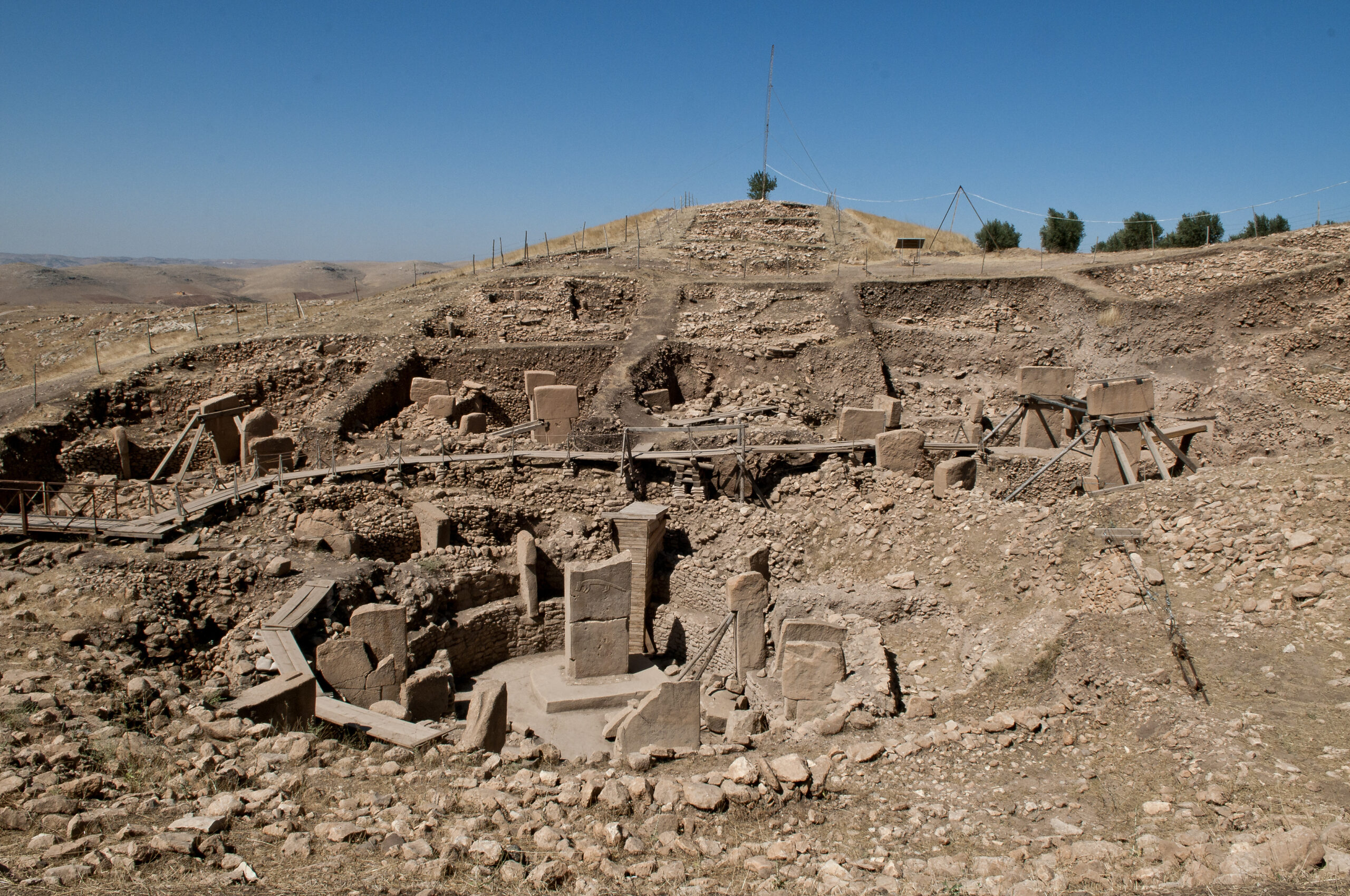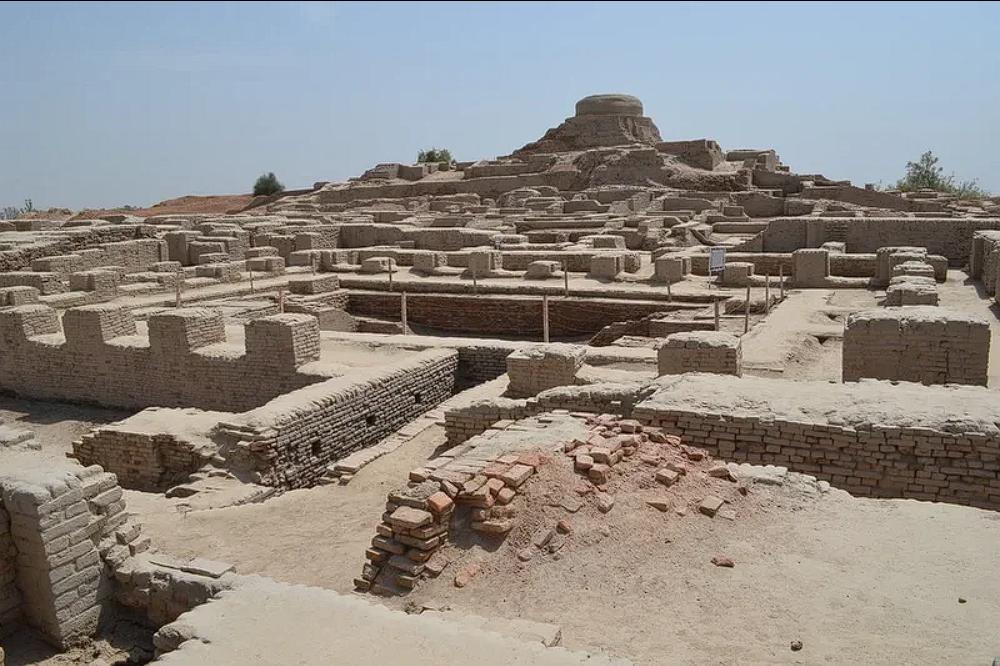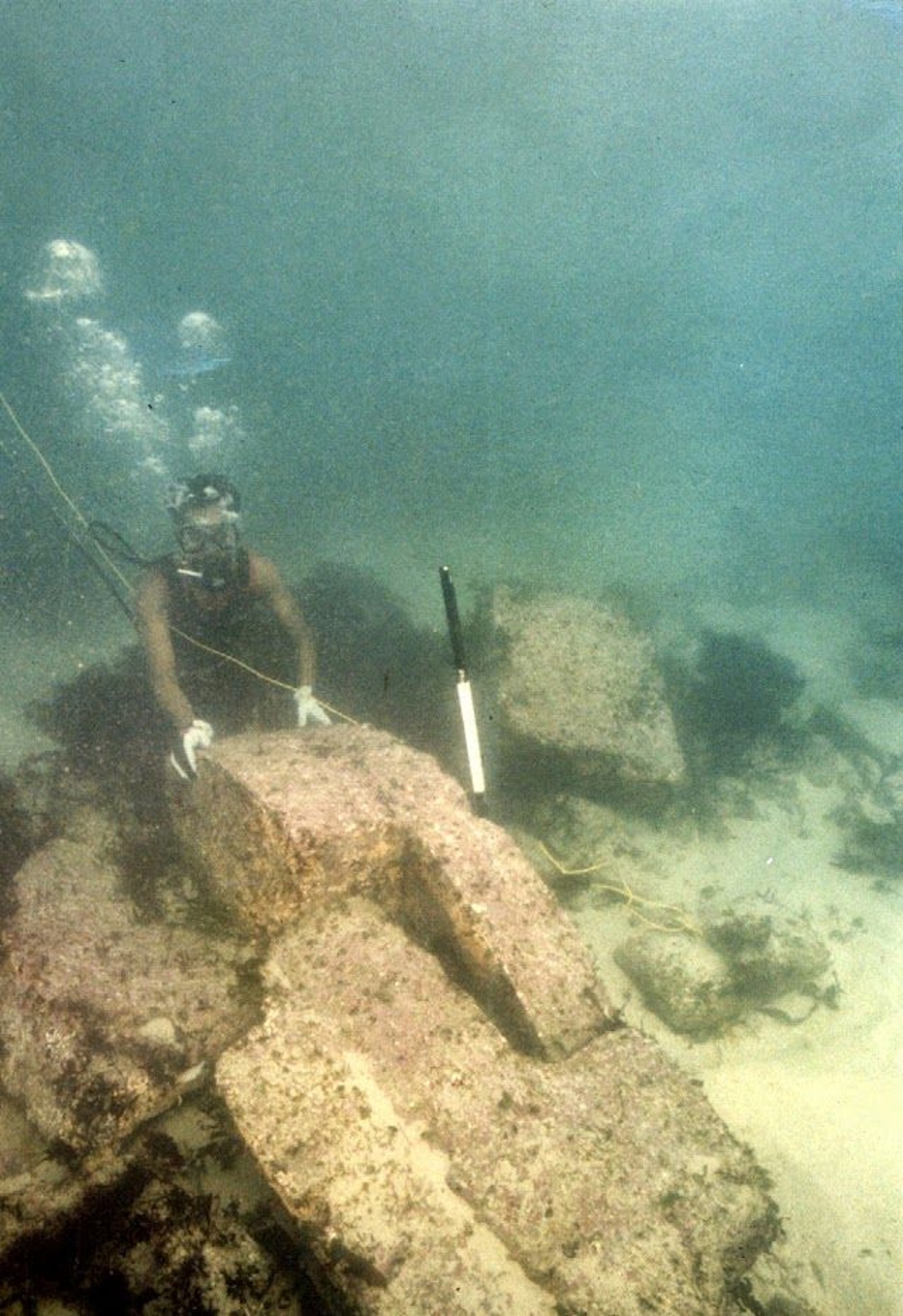For centuries, mainstream history has maintained that civilization began around 6,000 years ago with the rise of ancient Mesopotamia. However, emerging evidence suggests that this timeline might not be entirely accurate. What if an advanced society thrived before the last Ice Age, only to be erased by a global catastrophe? Some researchers argue that ancient ruins, myths, and unexplained artifacts hint at a forgotten chapter in humanity’s past.
The Enigma of Göbekli Tepe
Discovery of an Ancient Wonder
In 1995, archaeologists unearthed Göbekli Tepe in modern-day Turkey, a site dating back over 12,000 years. This discovery stunned historians, as it predates Stonehenge and the Egyptian pyramids by millennia. The site consists of massive stone pillars intricately carved with images of animals and symbols, arranged in a series of circular enclosures.
Challenging Conventional History
The level of craftsmanship displayed at Göbekli Tepe raises a profound question: How did a supposed hunter-gatherer society construct such an advanced structure without the organizational skills and technological expertise traditionally associated with civilizations? Some scholars suggest that knowledge from a lost civilization may have influenced these early builders.
A Civilization Lost to Time?
One theory suggests that a catastrophic event—possibly the rapid climate shifts of the Younger Dryas period around 10,800 to 9,600 BCE—wiped out an advanced society, leaving only scattered survivors who passed down remnants of their knowledge. Could Göbekli Tepe be a vestige of this lost civilization?


Submerged Cities and Forgotten Ruins
The Mysterious Ruins Off the Coast of India
Beneath the waters of the Gulf of Khambhat, off the coast of India, lie the remnants of what some believe to be an ancient city predating known human civilizations. Sonar scans and underwater explorations have revealed structures resembling walls, streets, and buildings. If confirmed, this site could rewrite the history of early civilization.
The Global Flood Myths Connection
Many ancient cultures share myths of a great flood that wiped out a previous world—from the biblical story of Noah to the Sumerian Epic of Gilgamesh and the legends of Atlantis. Some researchers speculate that these tales may contain echoes of real events, perhaps connected to rising sea levels at the end of the last Ice Age.
Forgotten Structures Hidden in Jungles
Deep in the Amazon rainforest, LiDAR scanning technology has revealed the presence of vast, intricate city-like structures previously assumed to be natural formations. These findings suggest that sophisticated societies may have thrived in areas long thought to be uninhabitable.
Theories and Speculations: Was Atlantis Real?
Plato’s Account of Atlantis
The ancient Greek philosopher Plato described Atlantis as a powerful civilization that sank beneath the waves due to a cataclysmic disaster. While many regard it as myth, some believe Atlantis may have been based on a real, now-lost society.
Alternative Historical Perspectives
Some researchers propose that Atlantis was not a single location but a network of advanced pre-Ice Age cultures spread across different regions. Others argue that the concept of Atlantis could symbolize the widespread loss of knowledge following a global catastrophe.
Could More Ancient Cities Be Waiting to Be Discovered?
With advancements in satellite imaging and underwater archaeology, more lost cities and ancient ruins may yet be uncovered. What if civilization as we know it is merely the latest chapter in an ongoing cycle of rise and collapse?

Conclusion: Are We Only Scratching the Surface of History?
Despite the evidence, mainstream archaeology remains cautious in revising established timelines. However, discoveries like Göbekli Tepe, submerged ruins, and ancient myths continue to challenge our understanding of early human civilization.
Could there be more secrets buried beneath the ocean floor or hidden within dense forests? What else remains undiscovered? As technology advances, we may find that our history is far more complex and fascinating than we ever imagined.
